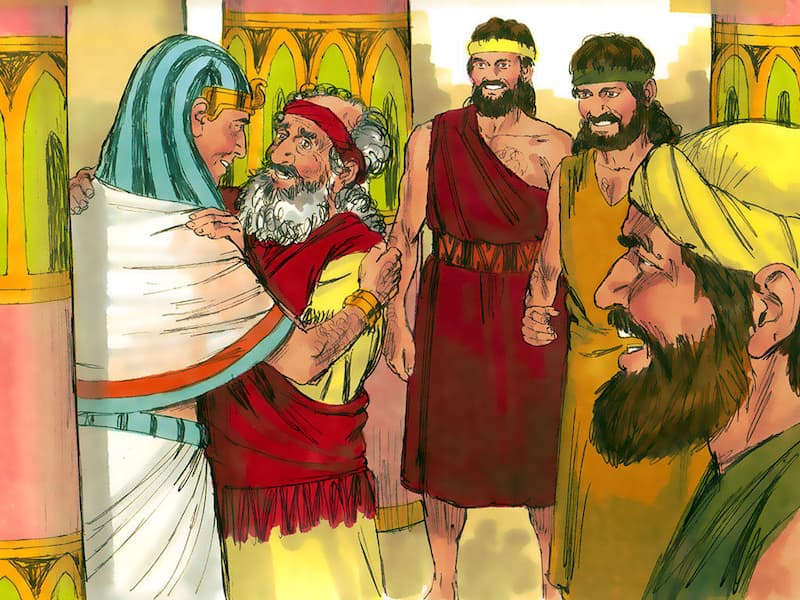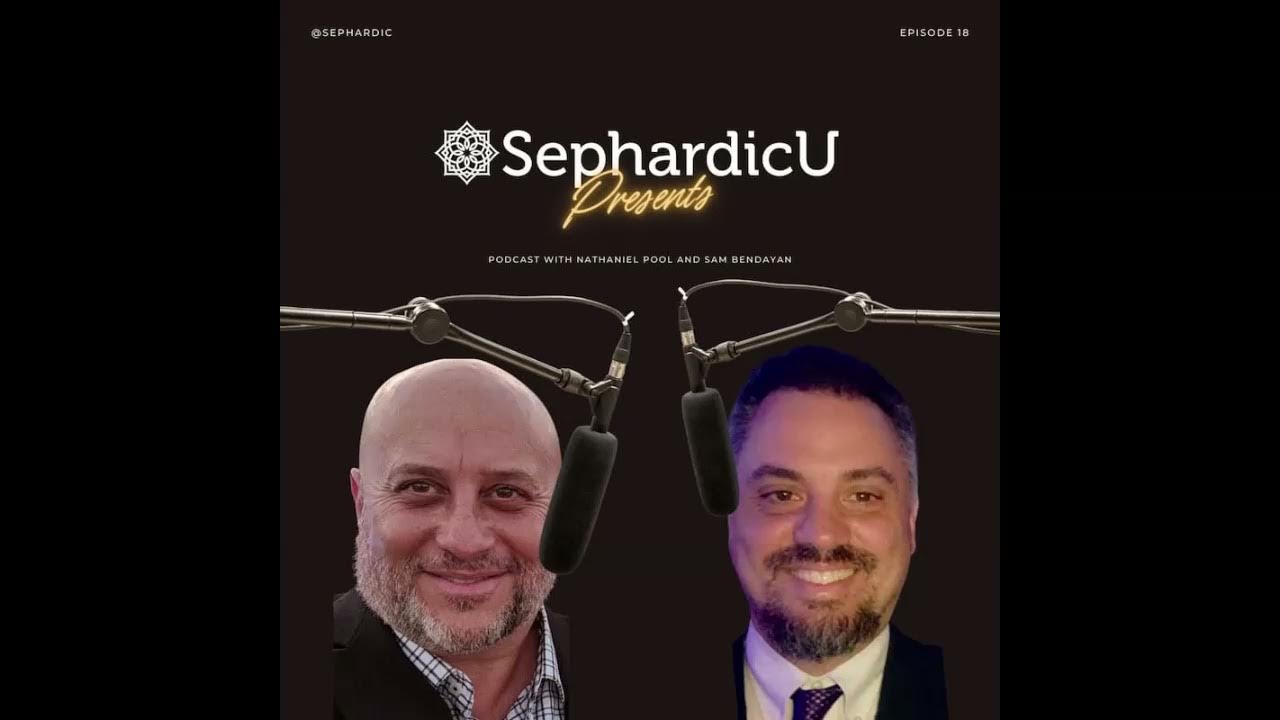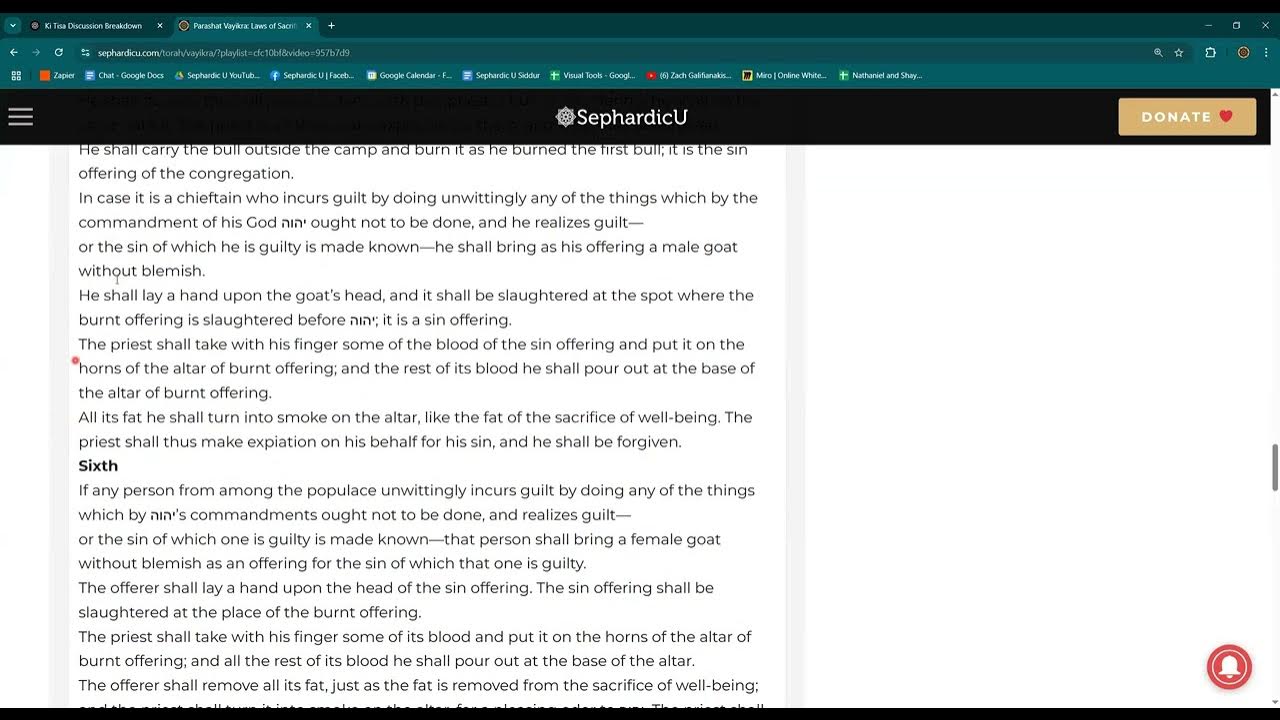Unearthed from the pages of the Torah, presented here is a correspondence between Yosef and Yaakov following their reunion at Goshen.
[Yosef]: Dearest Aba,
I am back at the palace, overjoyed and emotional after our long-awaited reunion. But, with all the joy, some disturbing thought keeps me up at night, and I feel I must ask you this question. I have waited so many years to see your face again. I wanted you to wrap your strong arms around me and embrace me with love, as if I were a little kid again. I was desperate to hear your voice, sweeter than honey, to tell you about my travails and false hopes, and to discover again that there is someone in this treacherous world who loves me to death. But that feeling was missing. You stood there motionless, you let me hug you, but you didn’t hug me back. You heard and saw me crying, you felt my warm tears rolling down your neck, but you did not shed a tear! What have I done to deserve this? What are you punishing me for? Why didn’t I see my reflection in the apple of your eye? Please tell me Aba, for my soul is tormented.
[Yaakov]: Yosef, my dear, sweet son, my baby who was and who disappeared, who was driven away and returned as a king. Haven’t you heard what I told you when we met: אמותה הפעם אחרי ראותי את פניך כי עודך חי – now I can die, for I have seen your face and I know that you are alive. Since I lost you, my body has been bent, joy left me, I turned old overnight, I wore sackcloth and ashes, and there was no reason for me to live. I didn’t even have a gravesite for me to visit and wash with my tears. I buried your mother on the way to Bethlehem, I buried my mother’s nurse under the oak, and I even had a burial place for the abominable idols of Shekhem. But you, you were devoured by a wild beast, and my soul was devoured by agony. I, who have wandered and traveled all my life, erecting monuments for the joys and sorrows of my life, an altar in Bethel and a pillar in Gilead, could not come to your fresh grave and sit by a mound of dirt marking the last I knew of you. I did not know where in the netherland were your bones scattered, nor did I have the comfort of the mourners or wailers. And now I have learned that you have been the viceroy of Egypt for nine years, but your thoughts were not with me, and my love has abandoned your heart. How did you not send for me? Why did not say “where is my loving father, let me bring him to me, wipe the tears from his eyes and drive the bitter poison of death from his heart?” איכה יוסף – Where were you, Yosef?
[Yosef]: Aba, please, try to understand! You were the one who taught me to seek truth and told me to pursue my dreams. You lectured me on how one must face difficulties to fulfill the mission designated to him by God. I knew that you believed in my dreams even though you rebuked me in front of my brothers. I was worried about you, and it was for you that I wanted to succeed. I had to create a haven in Egypt for you and the family, and it was not easy. Believe me Aba, I have suffered a lot, I did.
[Yaakov]: My beloved Yosef. Whenever I mentioned your name my heart ached. How could you do this to me? You let me be tortured by endless thoughts, longing for you, thinking you are dead, and all that time you were alive, sitting on your royal throne. You have added pain to my pain, keeping Shimon as a hostage to force me to let go of Binyamin. When I worked for your grandfather, my love for your mother made seven years look like few days, but when Binyamin left me, every day stretched into seven years. I wanted to die, every day I wanted to die because of you, and now it was you and Binyamin. Yes, you, and Binyamin, and Shimon, you have all come back, but my lost days, years upon years which went up in blinding smoke, will never come back. Please, ask me no more!
[Yosef]: Aba, you’re killing me! I didn’t notify you because I couldn’t. I was sent here to pave the way for you – I know it because God showed it to me in my dreams. Please understand Aba, the only way to let you know I was alive was to leave everything behind and come to you, forget the abundance and the famine, and abort God’s mission. Can you even imagine how many enemies I had at the royal court, how many spies waiting for my slightest mistake? They hated me, and many still do! A Hebrew slave, stateless, with nothing to his name, suddenly becoming the viceroy? You know that Egypt and Canaan are not on the best of terms, and if they would have found that I sent a letter or a messenger to an unknown Canaanite tribe, they would not let me say that it was my family. I would be tried and convicted in a public show trial, probably beheaded in the central plaza, in front of one of my granaries. No Aba, the only way was to leave everything behind, but I could not do it. It pained me to think of your suffering, and you were always in my mind, but I had to orchestrate your arrival and make sure you settle in Goshen. Think, what would you have done without me? Where would we live? How would we survive the famine? The House of Israel would have been eradicated, and with it, God’s promises to Avraham.
[Yaakov]: Dearest son. I, who was a living dead for years on end, I, whose last spark of life was scrubbed from my heart, who has become an empty vessel, a shard of clay, because I lost you, I can tell you that a son will never understand how intense is his father’s love for him. Can you imagine my agony upon hearing Binyamin at the door, and thinking, for a second, that it was you? How many times I hugged and kissed you just to wake up and find that is was a dream turned nightmare! No! It was not your task to fulfill the dreams, and it was not your responsibility to prepare for us a place in Egypt. You should have been guided by the simple, unadulterated love to your father, and if aborting mission was the only way, so be it. You should have left behind the palace, the glory, the dreams and the plans, and come to me. Oh, if you had come nine years ago, just as you left prison, if you would have come to see me, I would embrace and kiss you, I would wrap you with the warmth of my soul. It’s too late now, Yosef. I have missed you so much, and Binyamin have filled some of that gap. And you, with that insane race to fulfill your dreams and become God’s right-hand man, you have damaged even that. I have had enough Yosef, now I want to die…
The correspondence ends here, and we ask: did Yaakov and Yosef ever reconcile? It seems that they did, because Yaakov later grants Yosef, Ephraim, and Menashe wonderful fatherly blessings, filled with love and compassion.
With the immense pain that Yaakov experienced, it was hard for him to come to terms with reality, and he was not able to see Yosef’s point of view. Yosef, who was a very sensitive and emotional person, and whom we see crying time and again, had to struggle between his royal duties, his love for his father, and his divine mission. He felt that he must restrain his emotions for the greater good.
Was Yaakov right? Was Yosef? Should one be guided by love and emotions, or should emotions be sacrificed on the altar of reason and pragmatism? The Torah does not answer that question, but eventually it is Yehudah, not Yosef, who becomes leader and king. Perhaps the message is that as rational and calculated as we are, we should never completely ignore our emotions and those of others.







Ohr HaChaim Yomi – Vayikra